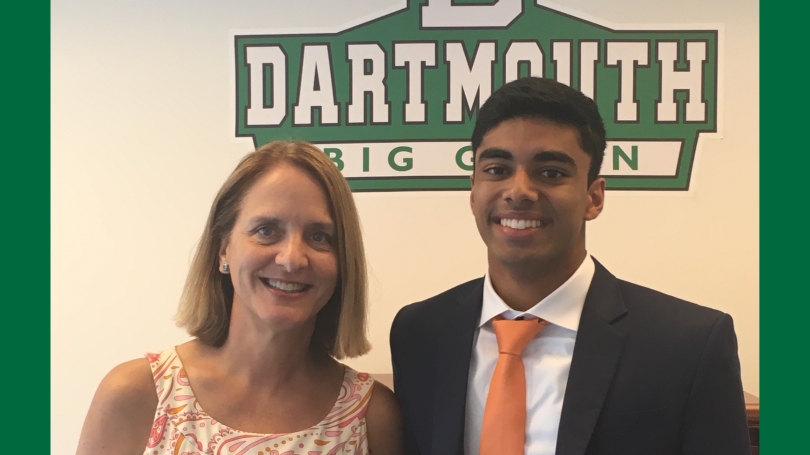
- Public Policy
- Leadership
- Funding
- News & Events
- About the Center
Back to Top Nav
Back to Top Nav
Back to Top Nav
Back to Top Nav
As a First-Year Fellow, Harish Tekriwal ’21 interned at the Federal Energy Regulatory Commission (FERC) under the mentorship of Nancy Bowler ’82. The following is an excerpt from his final report.
This summer, I interned at the Federal Energy Regulatory Commission (FERC) which regulates the transmission and wholesale of electricity, natural gas, and portions of the oil market. The Office of Enforcement (OE) is tasked with enforcing the regulations that FERC sets for market participants. Within the OE, I worked in the Division of Analytics and Surveillance (DAS), which uses data analytics to identify market manipulators.
Every FERC DAS intern is given a project related to some aspect of market surveillance. I was tasked with validating "virtuals transactions" data that FERC obtains against Regional Transmission Organization’s (RTO’s) publicly available data in order to identify possible data reporting errors. To complete this task, I wrote R code that scrapes millions of data points from RTO’s websites and formats the data in a standardized way so that it can be used by analysts. Once I had the public data set, I wrote R and SAS code that compares FERC’s data set to the public set to see if there are any discrepancies. I created tables in R that analyzes the differences in the data sets to see if there are significant reporting errors that need to be addressed. My code had to be efficient enough to handle FERC’s extremely large data sets while also performing complex operations. At the end of my internship, I presented my findings and recommendations to all of the employees in DAS during a formal presentation.
The most rewarding part of my fellowship was completing a project and feeling like I had contributed to the organization I worked for. For an intern, I was given an incredible amount of responsibility and independence. I was motivated to work hard and excel because I knew that my final product would have a meaningful impact on FERC’s surveillance. Presenting my findings to my division truly gave me a sense of accomplishment, a feeling that I had done something worthwhile. I’d like to thank the Rockefeller Center for making this fellowship possible. Needless to say, I would not have had this incredible experience had it not been for their hard work and preparation on my behalf.